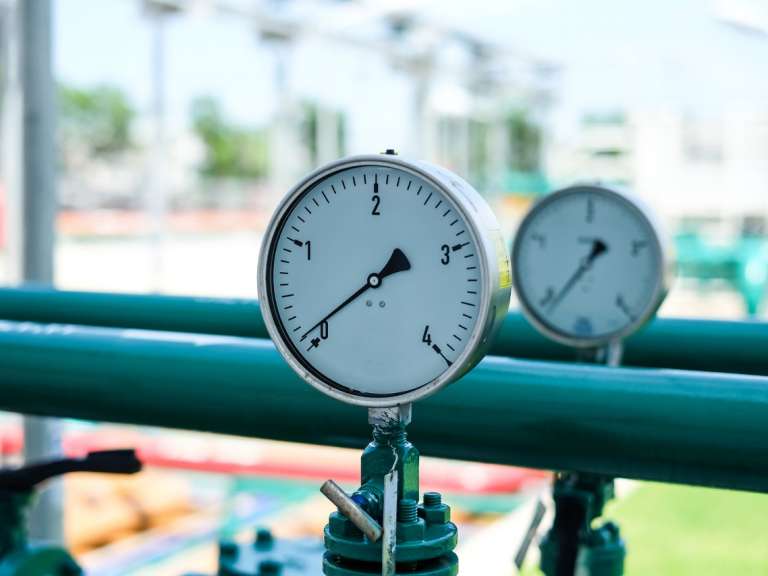The Next Generation of Utility Leaders: Getting Plant Smart
Jeremy BowdenThe next generation of utility leaders has book smarts, but needs training to make up for a lack of practical experience. Here are some ways to bring them up to speed.

The average level of academic achievement for the next generation of utility leaders is on the rise. However, there is no substitute for practical experience when it comes to effective operation of a power plant. That's why it's critical to develop training programs that help the next generation of utility leaders understand the realities of today's complex equipment and operating environment before starting the job. High-quality, plant-specific training can help raise the efficiency of your equipment, reduce costly mistakes that could jeopardize operation, and build lifelong skills.
Many incoming power plant leaders are book smart but not plant smart, including those with trading or asset management backgrounds. They haven't gotten the hands-on experience necessary to properly manage a plant. To start, a plant manager must understand the limitations of the equipment he or she is working with, paying particular attention to key variables such as the flow of steam, feedwater, fuel feed and combustion air — all of which tend to vary depending on the individual unit and must not exceed the manufacturer's limits or change rates.
While a manager may be familiar with a particular turbine and its theoretical operating statistics, control systems vary from plant to plant. Thus, it is critical to get to know the system for a particular plant through on-the-job training. A manager needs to know the specific characteristics of all plant components. Unique attributes also include operating procedures along with communication systems with trading teams, maintenance, and management at other plants.
Courses encompass instrumentation monitoring, the operation of equipment, and system adjustments to keep system process variables (such as flows, temperatures, and pressures) within acceptable ranges. Should load change push indicators outside safe or correct limits, the manager needs to know how to override automatic systems and operate them manually.
Personnel safety must be the first concern of power plant operators, who also must keep production processes operating safely. Procedures vary depending on the plant. It's important for the next generation of utility leaders to be able to detect actual or potential problems and trends, and take corrective action to prevent the interruption of system operations.
Some training providers offer a continuous path of learning, rather than a one-time, one-class, one-subject-style course. Such an approach may be required for plant personnel to gain the plant-specific knowledge they need to achieve success in running an efficient, well-operated, and well-maintained plant. Courses are tailored to management and other grades and include programs for "cross-skilling, multi-skilling, and skill enhancement," according to Power Technology.
Areas of training for the next generation of utility leaders include full-scope simulator training for CCGT, CHP, and other types of power stations. There is also the option to participate in "electrical, and control and instrumentation (C&I) maintenance skills training," according to Power Technology. The simulators can help with health, safety, environmental, and operational training.
Just as in other industries, such as aviation and military, simulators can prepare employees for almost any situation. The International Atomic Energy Agency offers nuclear power plant simulation software that can be tailored to behave in the same way as the actual plant. Power plant simulators can enhance the quality of operational skills training by providing hands-on opportunities to learn how the plant would perform and what to do under any given set of circumstances, including "start-up, shutdown, routine operation, and plant faults and emergencies," according to Power Technology. Computers can replicate the plant's behavior and model any problem a plant manager might face, providing practical training that puts a new manager's studies to the test.
Internet tools are also helping plants develop more progressive training solutions that combine technology and digital methods of learning. These include online videos that are now available to train workers on specific operational and maintenance activities, according to Power.
In the past, power plant managers tended to enter the workforce in entry-level positions and work their way up to senior management positions. Currently, however, a large portion of the workforce is retiring, creating a shortage of experienced managers. As a result, plants are hiring qualified but inexperienced graduates.
In addition to the technical side of plant operations, training for recent graduates should include management skills, such as "counseling in the workplace, facilitation and management of team briefings," as well as industrial relations awareness, according to Power Technology. Performance management is also a valuable tool for onboarding new employees. The new hire can work with his or her manager to set measurable performance goals.
While new power plant leaders are increasingly qualified on paper, advanced training techniques can rapidly bring their practical knowledge up to speed. Simulations can test the new hire's knowledge of effective plant operation and people management, and ultimately close the skills gap.
Electric utilities around the world face daunting regulatory and policy challenges.
Renewable energy's share of the market is growing, but what will it take for zero-carbon power generation to replace fossil fuels as the leading global energy supplier—will it be more than price parity?
Maintaining adequate and ongoing training for staff can boost employee retention, plug the skills gap, and improve overall health and safety. Here's how.